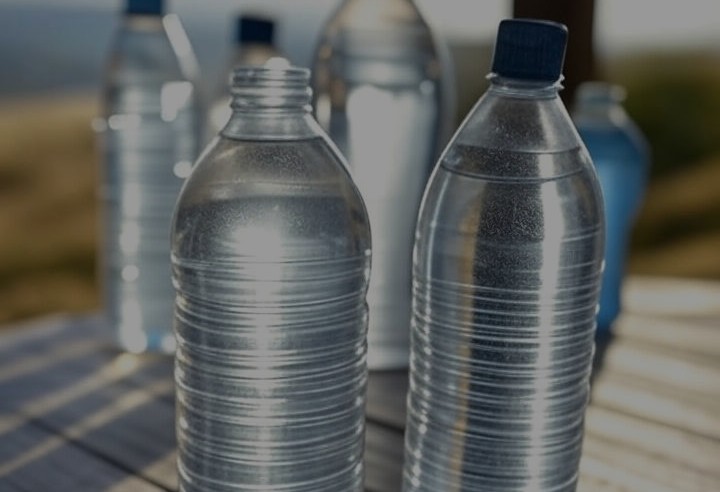Proper hydration becomes increasingly important with age, as seniors face unique challenges that can lead to dehydration. The body’s ability to conserve water decreases over time, and the sensation of thirst often diminishes, making it harder to recognize when fluid intake is needed.
Start with a Daily Goal
Aim for 6-8 glasses of water daily, though individual needs may vary based on medications, health conditions, and activity levels. Consult your healthcare provider about the right amount for your specific situation.
Make Water More Appealing
If plain water feels boring, try infusing it with fresh fruits like lemon, cucumber, or berries. Herbal teas, broths, and sparkling water with a splash of fruit juice also count toward daily fluid intake.
Eat Your Water
Many foods contribute to hydration. Watermelon, oranges, soup, yogurt, and leafy greens all have high water content and provide additional nutrients seniors need.
Create Helpful Habits
Keep a water bottle nearby throughout the day and take sips regularly rather than waiting until you feel thirsty. Set gentle reminders on your phone or drink a glass of water with each meal and medication.
Monitor Warning Signs
Watch for signs of dehydration including dark urine, dizziness, fatigue, or confusion. These symptoms warrant immediate attention and increased fluid intake.
Consider Timing
While staying hydrated is crucial, some seniors limit evening fluids to reduce nighttime bathroom trips. Balance hydration needs with comfort by drinking more during daytime hours.
Maintaining proper hydration supports overall health, energy levels, and cognitive function throughout the day. Drinking water may sometimes seem boring, but it is essential.


